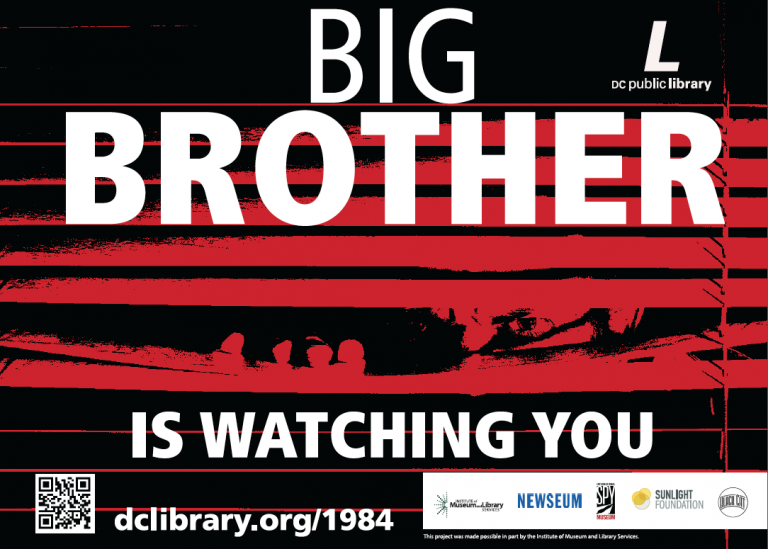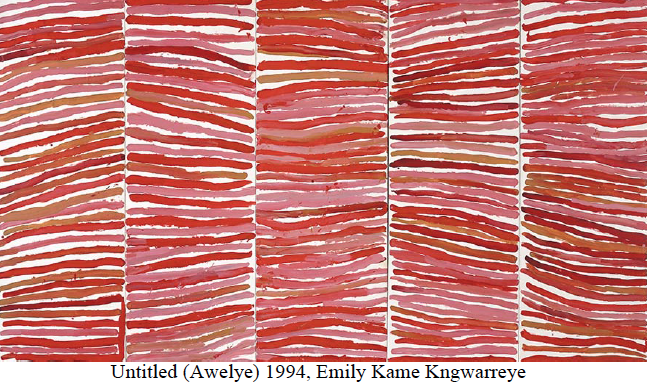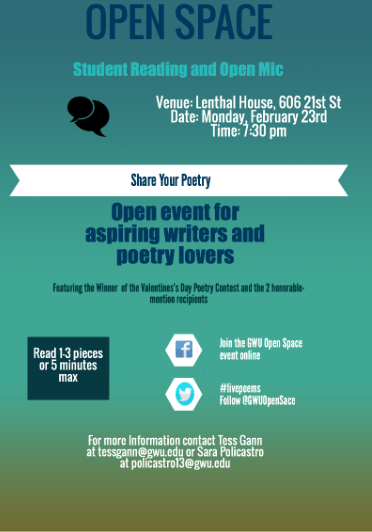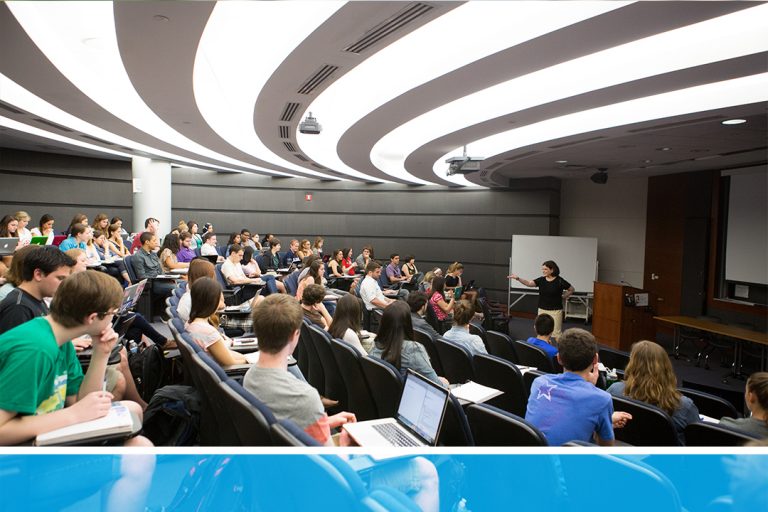Accessing Alliances: Disability Studies Across the Curriculum

The English Department was one of the primary sponsors for “Accessing Alliances: Disability Studies across the Curriculum,” held in the Marvin Center February 22-23, 2007. The event opened with a selection of disability film shorts from around the world hosted by prominent disability studies scholars and filmmakers David Mitchell and Sharon Snyder of the University of Illinois at Chicago. Rosemarie Garland-Thomson of Emory University was the keynote speaker; her presentation, from her forthcoming book Staring: How We Look (Oxford University Press, 2007), was called “Ways of Staring.”
Disability studies traces the ways in which ideas of normality and disability have emerged historically and examines critically the ways in which disabled people have been represented culturally and how those largely-negative representations have contributed to material practices of exclusion and isolation. The evening of film shorts that opened “Accessing Alliances,” in contrast, positioned disabled filmmakers, writers, and actors as agents shaping new and varied cultural representations of disability. Professor Garland-Thomson’s talk, likewise, considered how those she called “starees” (disabled people who find themselves subject to the gaze of others) actively manage and subvert the starer-staree relationship.
The field has increasingly influenced scholarship in the humanities and social sciences, and the conference attempted to reflect this impact, with panels on disability studies and history, disability studies and education, and other fields. The afternoon sessions focused more on disability studies’ connection to other interdisciplinary fields: global studies, ethnic studies, and Deaf studies. GW professors Jennifer James, Robert McRuer, Dan Moshenberg, Todd Ramlow, and Abby Wilkerson all participated in these later sessions. Robert McRuer of the English Department and Christy Willis of Disability Support Services organized the event, which was attended by more than 200 students, faculty, and professionals from both GW and other universities around the country.
The complete schedule can be accessed here.
(This account of the conference was composed by Robert McRuer, associate professor of English and author of Crip Theory)






